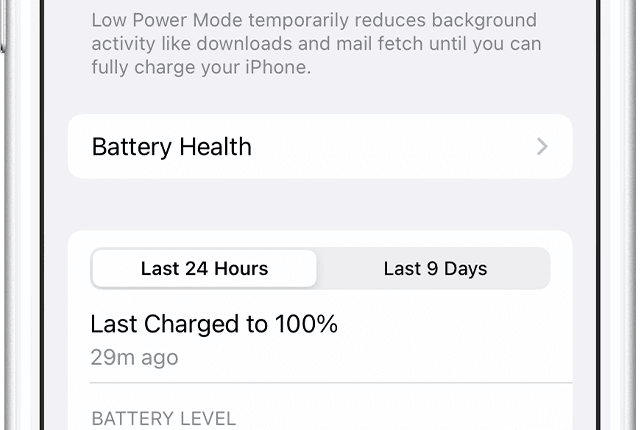TAKE a close look at your iPhone: four warning signs signal something is very wrong.
A leading cybersecurity company has revealed the “red flags” that you’ve been silently hacked.
It’s extremely serious if your device is infected.
Your iPhone contains some of your most personal information, media and financial information.
If hackers break in to your device, they could steal from you, commit fraud or extort you, and even hold your data to ransom.
In an official memo, an expert at cybersecurity giant McAfee revealed the clues that all iPhone owners need to look out for.


“Thanks to their closed ecosystem, built-in security features, and strict policies on third-party apps, Apple devices tend to be less prone to malware infections compared to their Android counterparts,” the McAfee insider advised.
“But it’s important to note that they’re not completely without vulnerabilities.
“Several iPhone viruses could infect your smartphone and affect its functionality, especially if you jailbreak your iPhone (that is, opening your iOS to wider features, apps, and themes).”
Four warning signs your iPhone has been hacked
The first warning sign is when there are unfamiliar apps on your handset.
Most read in Tech
“If you’re anything like the average smartphone user, you’ve probably downloaded dozens (if not hundreds) of apps,” the McAfee cyber-expert explained.
“The sheer number of programs on your iPhone makes it easy for malicious apps to hide in plain sight and remain undetected for a long time.
“Take some time to swipe through all of your apps and closely inspect any that you don’t remember downloading or installing.”
If you find something you don’t recognise, it’s best to delete it.
Otherwise it may be that a distant hacker has managed to infiltrate your phone remotely.
Or it could be that someone close to you has installed an app on your device to spy on you.
The app may even be disguised as something very normal – so if you don’t recognise it, bin it.
The second sign is when your data usage suddenly (and mysteriously) rises.
“Heavy data usage can be a sign of a malware infection,” McAfee explained.
“Which is why you should keep an eye on it if you suspect a virus is in your system.”
To check, simply go in to Settings > Mobile Data and look for any suspicious changes or trends.
The third warning sign is similar: increased power consumption.
“Some types of malware run in the background and consume a significant amount of power without you noticing,” McAfee revealed.
“To make sure that no such apps are installed on your phone, head over to Settings > Battery and select a period of your choice.”
You’ll be able to see exactly which apps are causing the drain.
McAfee recommends uninstalling unfamiliar apps that “stand out” on the list.
Fourth up is a sudden and significant increase in annoying pop-ups.
“Running into pop-up ads is inevitable when browsing the internet,” the cyber-expert said.


“However, your phone might be infected with adware if you’re getting them at an alarming frequency.”
This might be linked to a recent download, so be sure to look at what you’ve installed recently.









